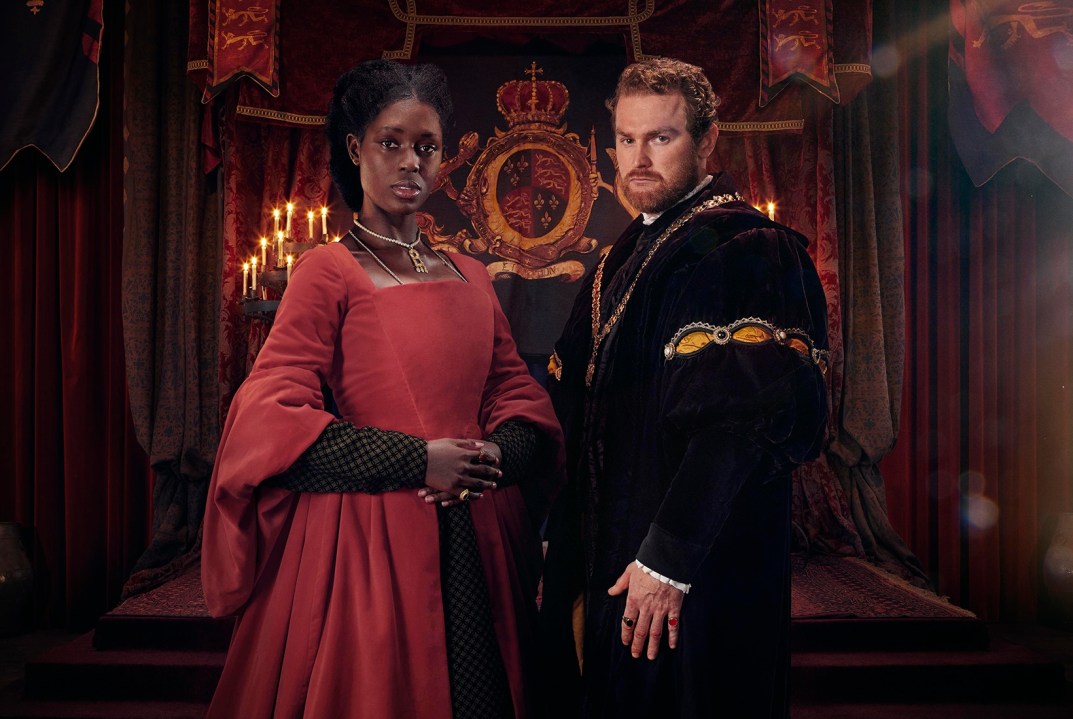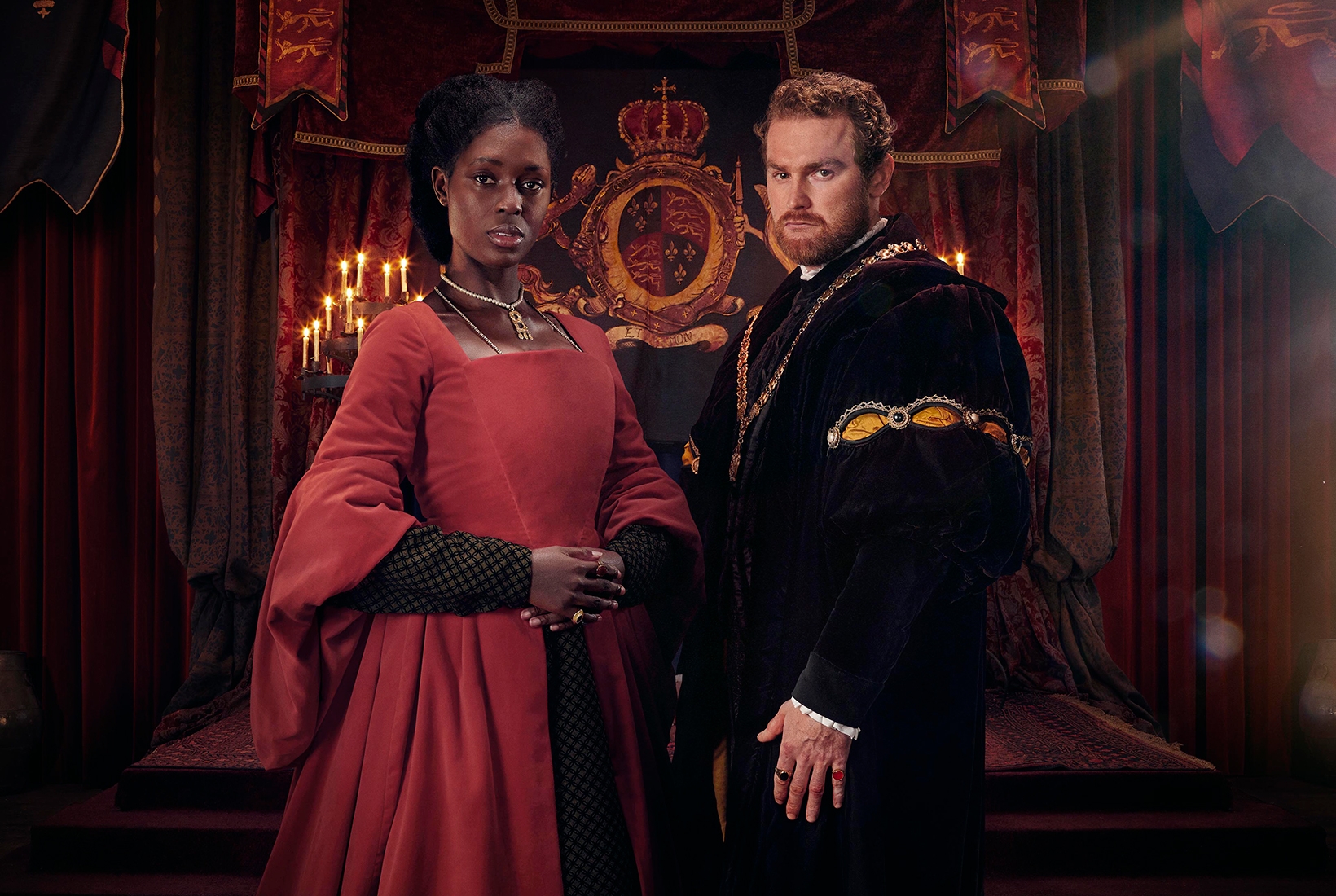Fifty-one years ago, in the BBC’s much-acclaimed The Six Wives of Henry VIII, Anne Boleyn was portrayed as a brave and innocent woman brought low by the men around her, notably Henry VIII and Thomas Cromwell.
Even then, of course, this was by no means an unconventional view. Only the previous year, the film Anne of the Thousand Days — nominated for ten Oscars — had taken a similar line, as indeed had Foxe’s Book of Martyrs (1563), which objected to all ‘sinister judgments and opinions… against the virtuous queen’. It has also been the prevalent view on more recent television, with historians from Lucy Worsley to David Starkey queuing up to praise what Worsley called ‘an admirable, forward-thinking woman with a sense of her own worth’.
All of which makes it a bit odd that the press release for Channel 5’s three-part drama Anne Boleyn (Tuesday to Thursday) should take such credit for its fearless and apparently single-handed reclamation of somebody who’s had ‘so much written about how she was a temptress, a witch and a traitor’. Now, at last, she’d be portrayed as a brave and innocent woman brought low by the men around her, notably Henry VIII and Thomas Cromwell.
The genuinely iconoclastic thing would be to portray Anne as a temptress, a witch and a traitor
I mention this partly because of my increasing weariness with programme–makers pretending that their recitation of long-received wisdoms — in this case dating back an impressive 458 years — represents an act of heroic iconoclasm. (By now, I’d suggest, the genuinely iconoclastic thing would be to portray Anne as a temptress, a witch and a traitor.) Here, though, there’s also the fact that it was the same unwarranted and deadening sense of its own virtue that prevented the show from ever quite taking off.








Comments
Join the debate for just £1 a month
Be part of the conversation with other Spectator readers by getting your first three months for £3.
UNLOCK ACCESS Just £1 a monthAlready a subscriber? Log in